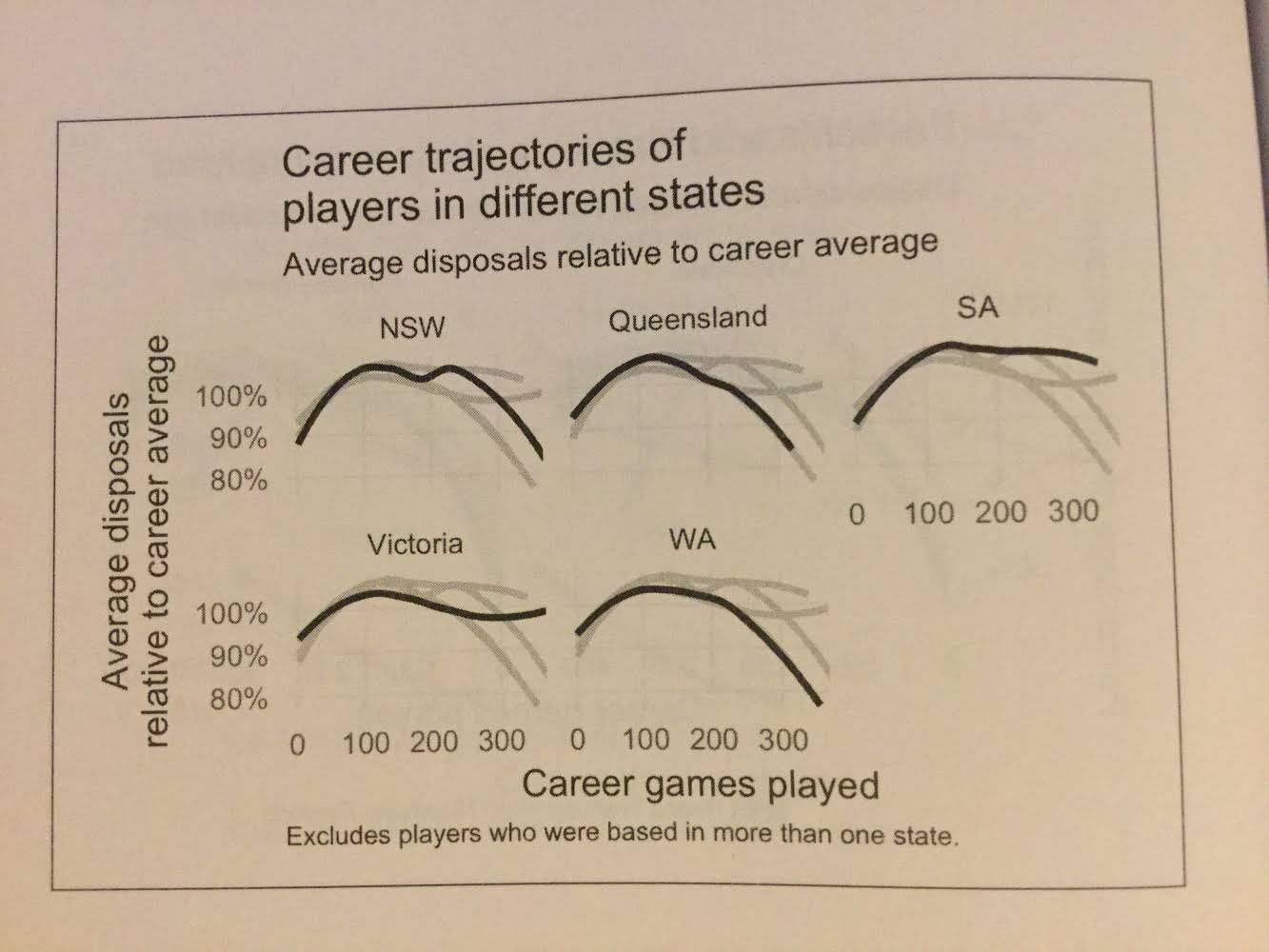HoneyBadger35
The Big Kahuna
- Aug 11, 2011
- 26,497
- 71,936
- AFL Club
- West Coast
- Thread starter
- Moderator
- #26
Correlation does not prove causation, my breh
If he plays in 2020 he will be the eleventh player in club history to play aged 32+. I don’t think it’s unreasonable to flag that next year may be his last.





